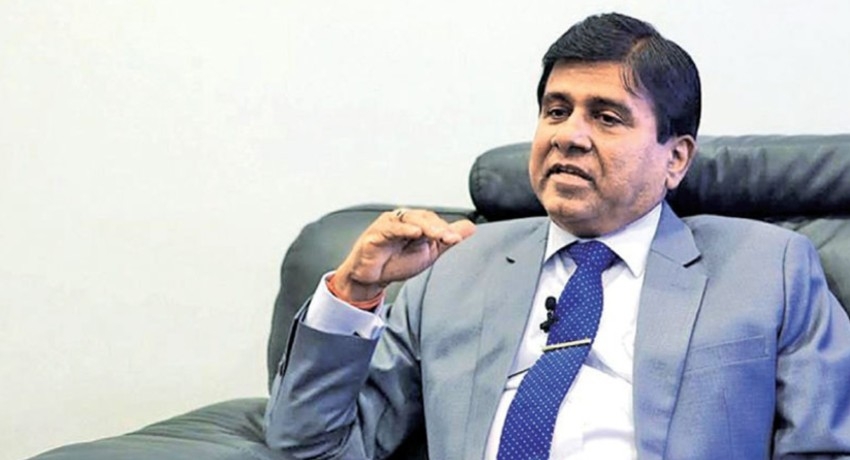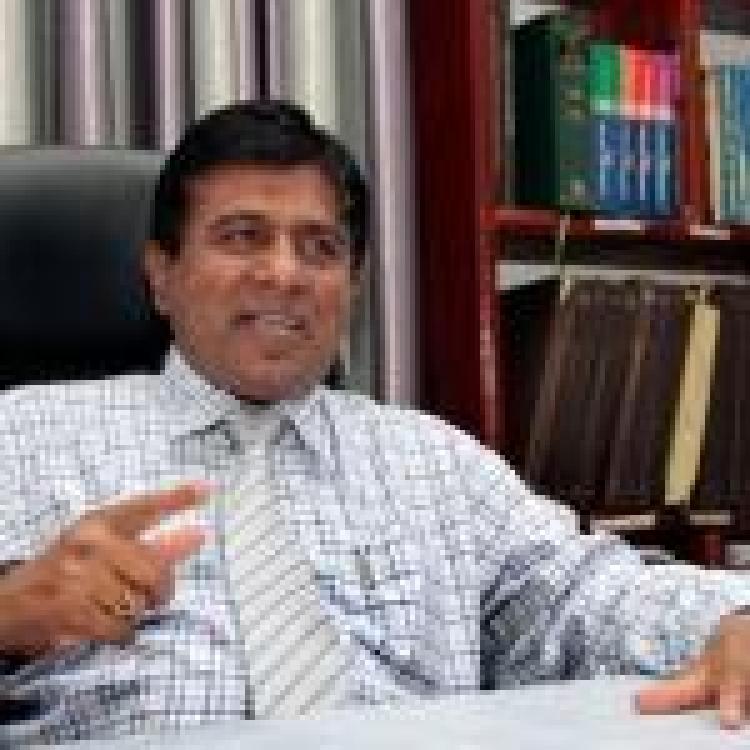
Sri Lanka’s Justice Minister Wijeyadasa Rajapakshe told reporters that discussions are underway with diplomats to prevent an international accountability mechanism, as his government proposed yet another domestic commission to probe mass atrocities committed by state forces.
“The government is hopeful that a domestic truth-seeking mechanism with honesty unlike on previous occasions will help Sri Lanka secure its place in the international community amidst its ongoing currency crisis”, said the minister.
“We are negotiating with them and we are trying to solve the problem through a domestic mechanism,” he continued. “I think if we can accelerate that process and show some results the international community will cooperate with us.”
“Even though the countries which sponsored the resolution officially didn’t confess their willingness to support Sri Lanka, but I hope if we show proper results, they will,” he concluded.
The United Nations Human Rights Council adopted a resolution this month that will “extend and reinforce the capacity of the Office of the High Commissioner to collect, consolidate, analyse and preserve” evidence that may be used in future war crimes trials.
Rajapakshe’s remarks come despite Tamils and other survivors of Sri Lanka’s violations having demanded an international accountability mechanism for decades. To date, not a single Sri Lankan military or government official has been held to account for the abuses of 2009, in which tens of thousands of Tamil civilians were massacred.
Instead, accused Sri Lankan war criminals have been pardoned, or even promoted in the military and government, with abuses still rampant.
Rajapakshe himself joined other Sri Lankan officials in blaming the Tamil diaspora for the resolution at the global body, which will mandate the collection of evidence that could be used in future war crimes trials.

